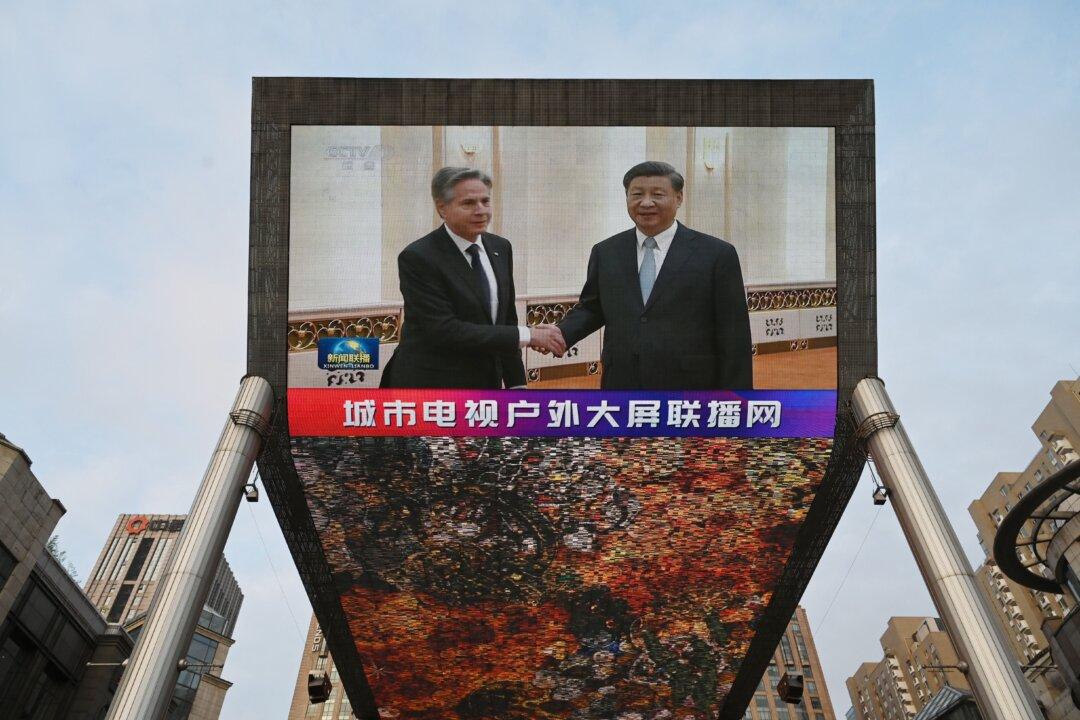A human rights advocate has urged the international medical community to stop buying into the Chinese Communist Party’s (CCP) propaganda that denies its systemic forced organ harvesting from detained Falun Gong adherents and other prisoners of conscience.
Falun Gong, also known as Falun Dafa, is a spiritual discipline with meditative exercises and moral teachings. It was introduced in China during the 1990s and grew in popularity such that up to 100 million people were practicing in China by the end of the decade. Perceiving this to be a threat, the Chinese regime in 1999 launched a nationwide campaign seeking to eradicate the practice.
Millions of Falun Gong practitioners have been detained in jails and detention facilities across the country, where they are subjected to torture and forced organ harvesting.
“They’re just some clearly absurd statistics that make it quite clear that they are not telling the truth about this,” Katrina Lantos Swett, president of the Lantos Foundation for Human Rights and Justice said during an interview on EpochTV’s American Thought Leaders program.
“And yet, somehow, in China, organs can be almost ordered up within a couple of weeks. The numbers simply don’t add up,” she added.
Hope for Change on the Ground
Swett said that she is very “alarmed and kind of sickened at the way some of our top medical institutions [and] medical schools have been willing to accept China’s denial of responsibility for this, and their false assurances that the practice has stopped.”She called the sentiment an “inexcusable level of naivete.”
The BMC Medical Ethics article stated that “the World Health Organization [WHO], the Transplantation Society, the Declaration of Istanbul Custodian Group, and the Pontifical Academy of Sciences have all provided endorsements of the reforms based on what appears to be contaminated data.”
As the co-chair of the recently concluded International Religious Freedom Summit, Swett said she was so struck by the fact that the new chairman of the House Foreign Affairs Committee, Rep. Michael McCaul (R-Texas), “from the summit plenary stage directly addressed the issue of forced organ harvesting.”
As McCaul had drawn attention to this issue, she hopes that perhaps hearings would follow in the United States Congress.
“These shine a light, and shining a light is a kind of disinfectant. It begins to bring the light of truth, the light of day, the light of exposure to practices and, we have to hope that, it will lead to change on the ground in China,” Swett said.





